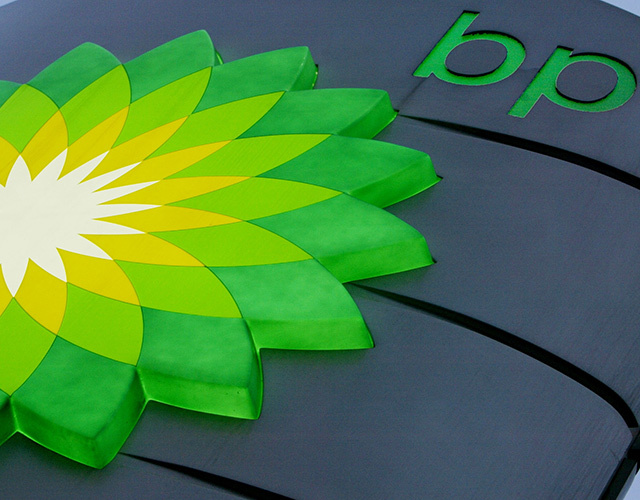
Having seen the price of oil collapse by 75% in an 18-month period and BP suffer a $5.2bn loss, the reaction of the major oil company’s shareholders to certain events over the past few months suggests they have developed a somewhat battle-hardened mentality.
The revolt against CEO Bob Dudley’s 20% pay increase in the firm’s AGM a few weeks ago – which was the first ever pay revolt by BP’s shareholders – is testament to this fact. And it is their response to BP’s quarterly results that perhaps provides yet more evidence.
On Tuesday morning, the oil giant reported earnings which largely reflected the persistent slump in oil prices and a highly challenging trading environment.
A first quarterly loss of $583 million compared to profits of $2.6 billion for the same period last year highlight these difficulties, which can be further illustrated by Brent oil averaging $34 a barrel in the quarter versus $54 in Q1 2015.
That said, on an underlying replacement cost basis – a measure watched closely by the firm’s shareholders and analysts alike – BP reported a surprising profit of $532m, when most had expected a quarterly loss of $140m.
It also shows a significant improvement on a quarter-by-quarter basis, after the oil firm reported a profit of $196m in its fiscal fourth quarter.
Alongside this, there’s also some positivity to take from the fact its upstream operational performance was largely unchanged at a loss of $747m, when a deterioration had been expected.
Downstream performance also showed marked improvement with a $1.88bn which was 49% higher than the previous quarter and vastly beat expectations with much of the rise coming from trading.
The reaction in BP’s share price reflects the positive reaction to these numbers, with prices rallying more than 4% to trade at 375p, a near three-month high.
But whilst this appears to be a fairly solid set of results within the context of the past 12 months and the fall in oil prices, one cannot ignore the fact that were it not for supremely low expectations and perhaps shareholders pining for anything positive, the reaction may not have been as warm as we have seen.
The question is whether the collapse in oil prices and subdued expectations has helped to mask structural problems with BP’s operations, or if the work undertaken by its executive branch over the past two years to cut costs and refine its operations leaves it in the best shape possible to take advantage of a recovery in oil prices faster than its competitors.
This question remains unanswered from its quarterly results.
Joshua Raymond, Market Analyst at XTB.com
Recommended for you
